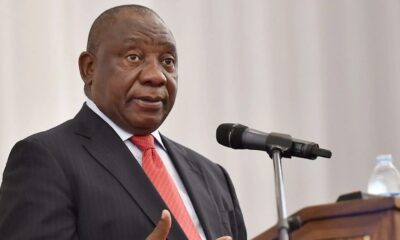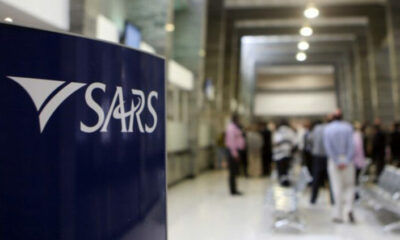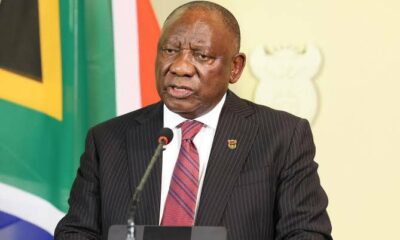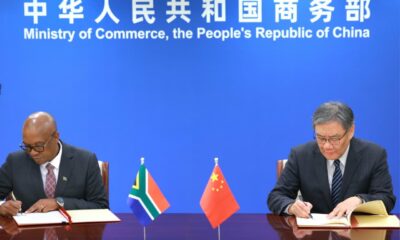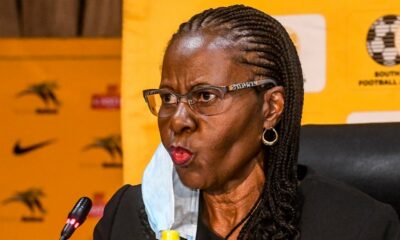News
Ramaphosa Calls on G20 to Bridge the World’s Wealth Divide

South Africa’s G20 Presidency Puts Fairness at the Forefront
President Cyril Ramaphosa has called on world leaders to make equality the defining issue of their time, using South Africa’s G20 presidency to push for a global agenda rooted in fairness, solidarity, and sustainability.
In his latest weekly letter to the nation, Ramaphosa described inequality as “the fault line running through the world’s economy,” warning that unless it is addressed urgently, global peace, growth, and democracy will remain fragile.
“We chose to focus on equality because it is essential to a more stable, prosperous and sustainable world,” he wrote, urging G20 member nations to go beyond rhetoric and take concrete steps to narrow the gap between the rich and poor.
A Stark Reality
The numbers speak volumes. The richest 10 percent of the world’s population controls more than half of global income and nearly three-quarters of all wealth, while one in four people faces some form of food insecurity.
Ramaphosa warned that such inequality is not only unjust but destabilising. “It consigns billions of people to poverty and fuels the conditions for conflict and exclusion,” he said.
He added that unchecked inequality threatens democracy itself, as growing divides weaken trust in governments and institutions meant to serve all citizens.
A Landmark Step for the G20
Under South Africa’s presidency, the G20 has for the first time agreed to examine inequality as a central agenda item. To support this, Ramaphosa convened an Extraordinary Committee of Independent Experts on Global Inequality, chaired by Nobel Prize-winning economist Joseph Stiglitz.
The committee’s newly released report lays out the causes, consequences, and solutions to global inequality. It argues that inequality is not inevitable but rather a policy choice, shaped by taxation, trade, labour laws, and social investment decisions.
Among the key proposals is the creation of an International Panel on Inequality, similar to the Intergovernmental Panel on Climate Change. This permanent body would monitor inequality trends, share data, and advise countries on evidence-based policies to reduce the wealth gap.
South Africa’s Homegrown Efforts
Ramaphosa also pointed to South Africa’s own policies aimed at building a fairer society. These include progressive taxation, a national minimum wage, free or subsidised public healthcare, zero-rated essential food items, and strong social protection systems that support low-income households.
But he acknowledged that many developing nations face the same uphill struggle: limited fiscal space, high debt burdens, and structural challenges that keep them dependent on wealthier economies.
“Interest on sovereign debt repayments, particularly in Africa, is stifling public spending and economic growth,” he said. “It is widening the gap between countries and within countries.”
A Blueprint for Action
The expert report also calls on governments to adopt National Inequality Reduction Plans, complete with measurable targets for income and wealth distribution. While some of the proposals echo long-standing global debates, Ramaphosa believes their timing couldn’t be more critical.
He described the report as a “credible blueprint for the actions we need to take to overcome inequality,” urging leaders to take it seriously ahead of the G20 Leaders’ Summit later this year.
A Defining Moment for Global Leadership
As South Africa steers the G20 for 2025, Ramaphosa’s message is both a challenge and a reminder. Inequality, he insists, is not a natural outcome of growth but a failure of policy and will. If the world’s most powerful economies act together, they can rewrite that story.
For millions in the developing world, that action can’t come soon enough.
Follow Joburg ETC on Facebook, Twitter, TikT
For more News in Johannesburg, visit joburgetc.com
Source: IOL
Featured Image: Polity.org.za

